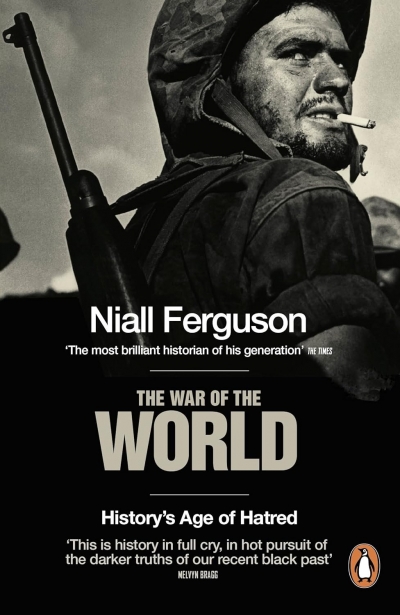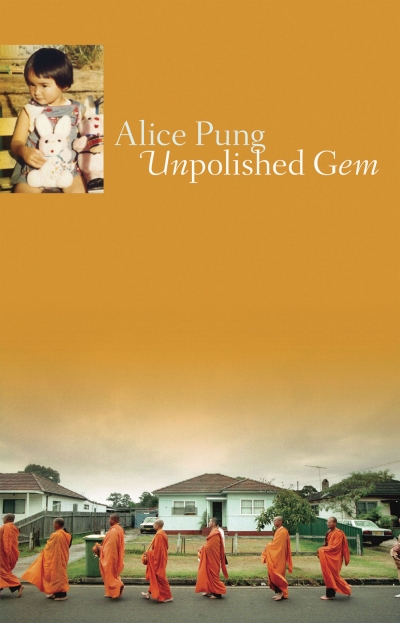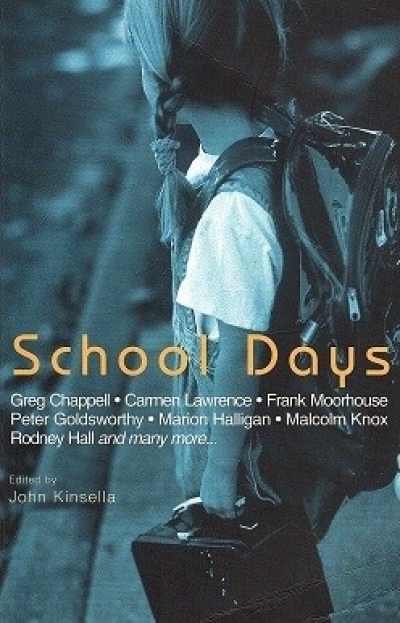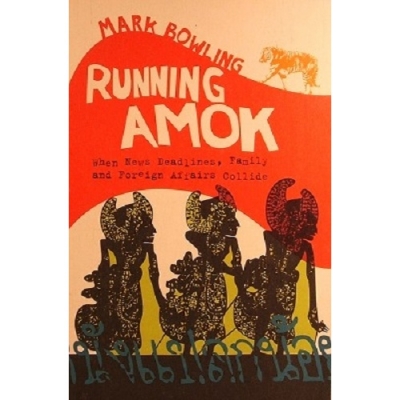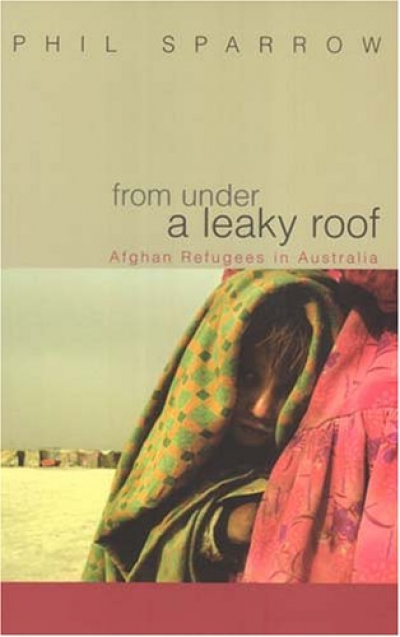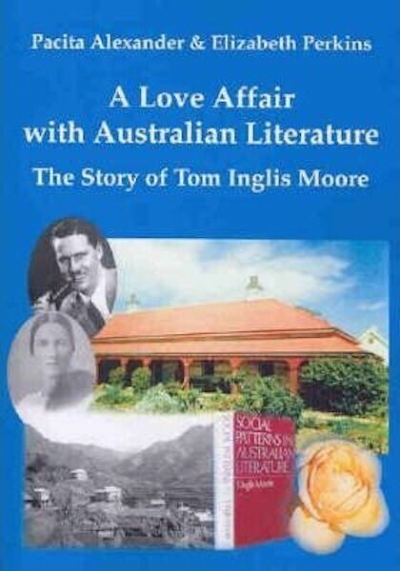NonFiction
Life After Death: The art of the obituary by Nigel Starck
by Paul Brunton •
One Split Second: The death of David Hookes and the trial of Zdravko Micevic by Michelle Schwarz
by Braham Dabscheck •
The War of the World: History’s age of hatred by Niall Ferguson
by Geoffrey Blainey •
Running Amok: When news deadlines, family and foreign affairs collide by Mark Bowling
by Philip Clark •
From Under a Leaky Roof: Afghan refugees in Australia by Phil Sparrow
by Jo Case •
Ever Yours, C.H. Spence: Catherine Helen Spence’s an autobiography (1825–1910), diary (1894) and some correspondence (1894–1910) edited by Susan Magarey
by Elizabeth Webby •
A Love Affair with Australian Literature: The story of Tom Inglis Moore by Pacita Alexander and Elizabeth Perkins
by Anthony J Hassall •



